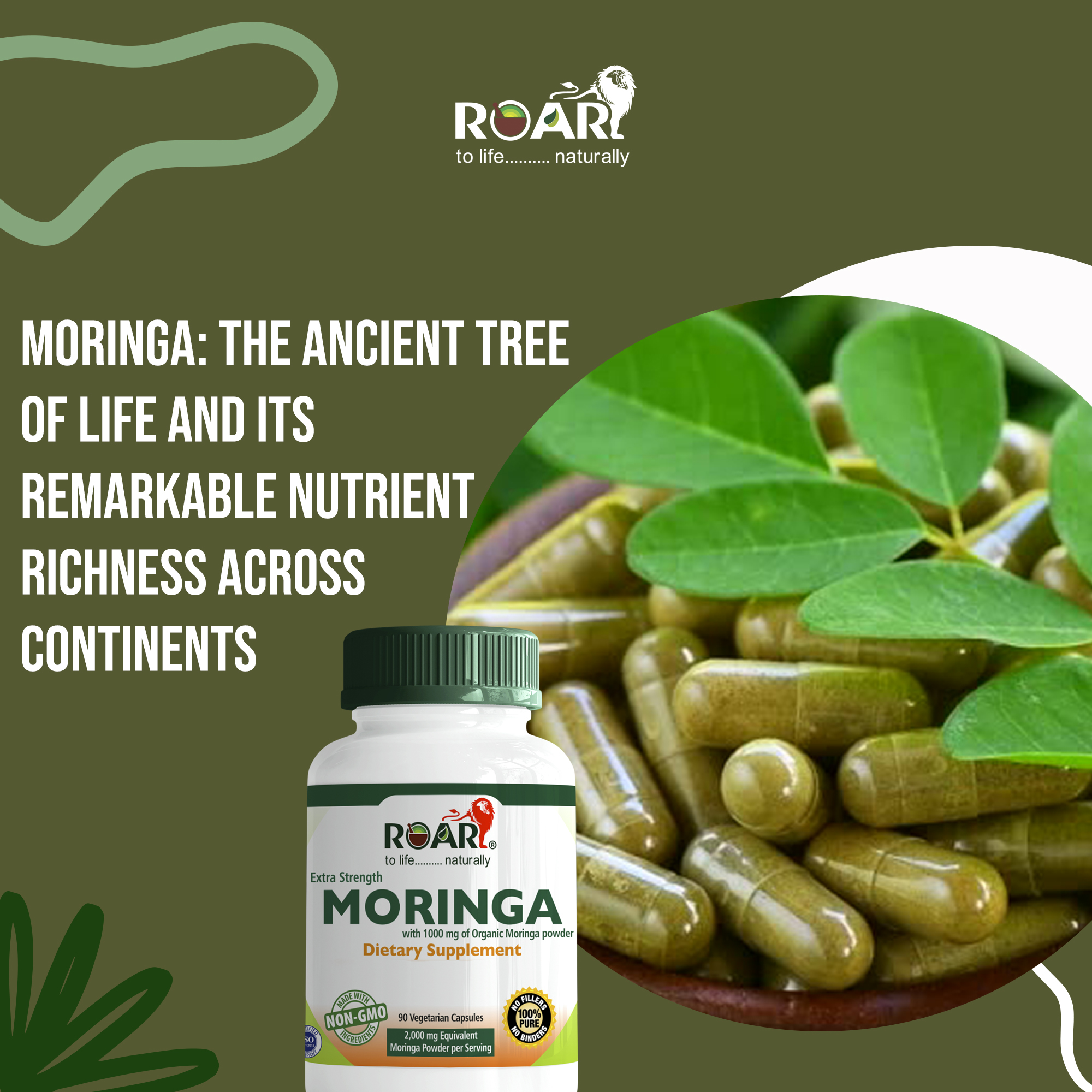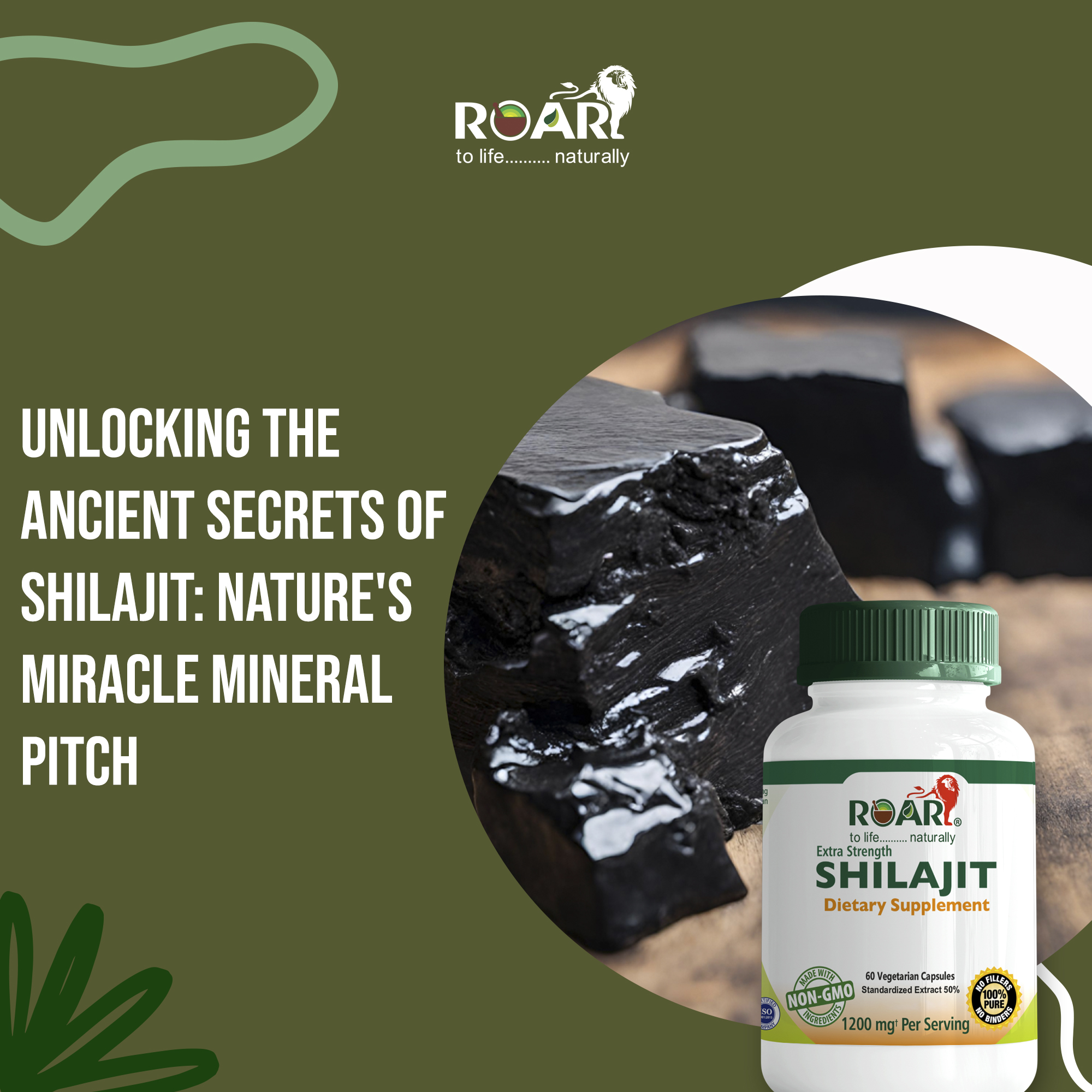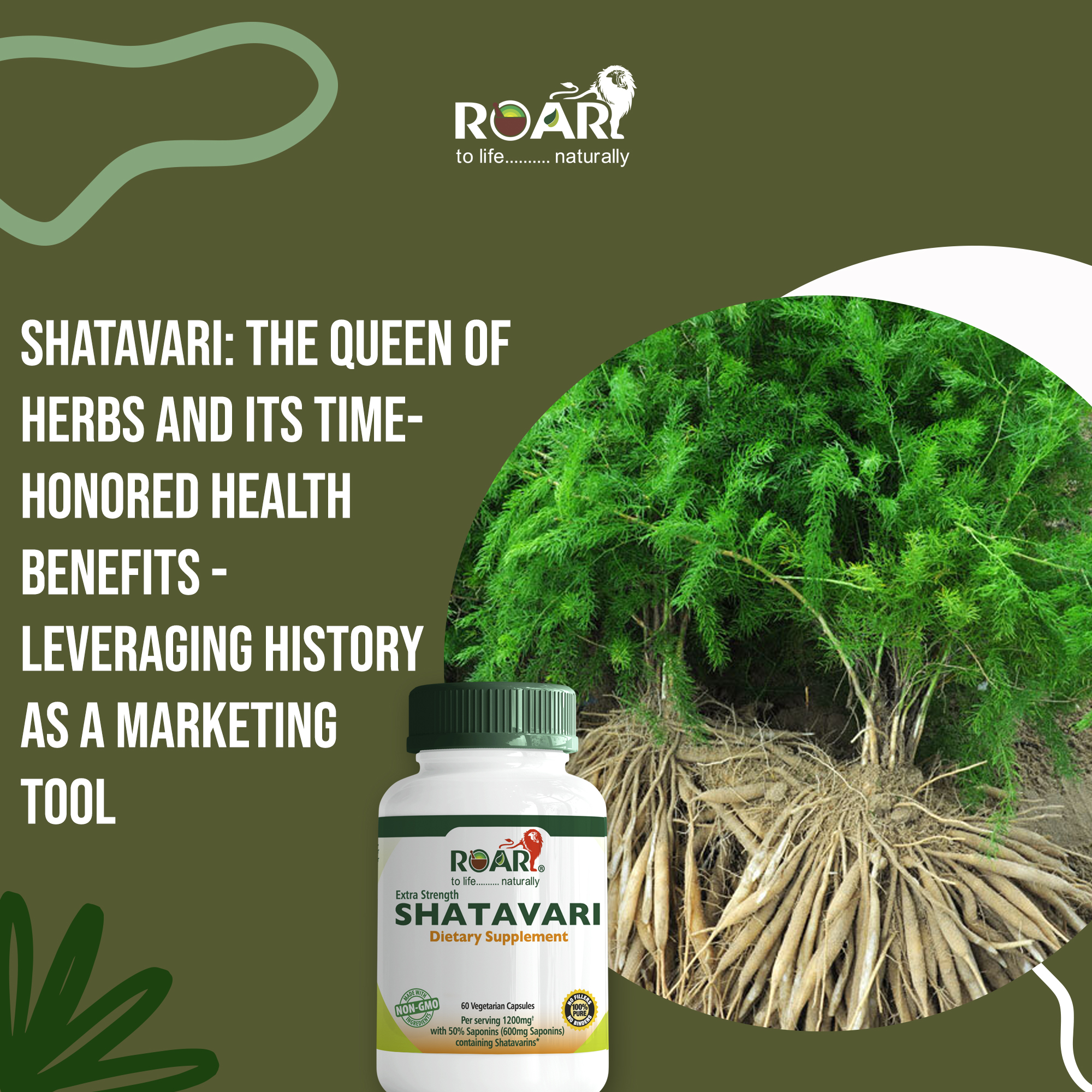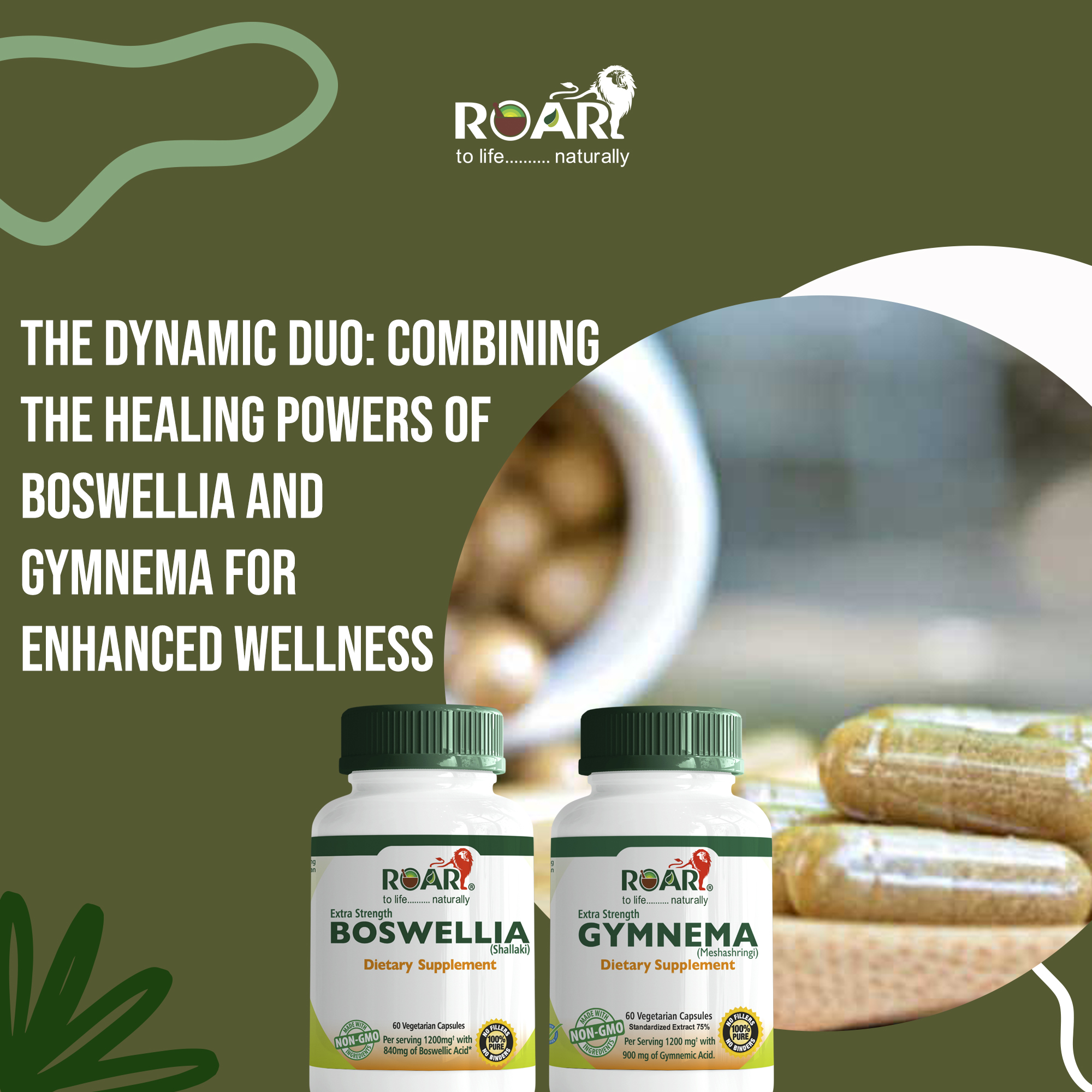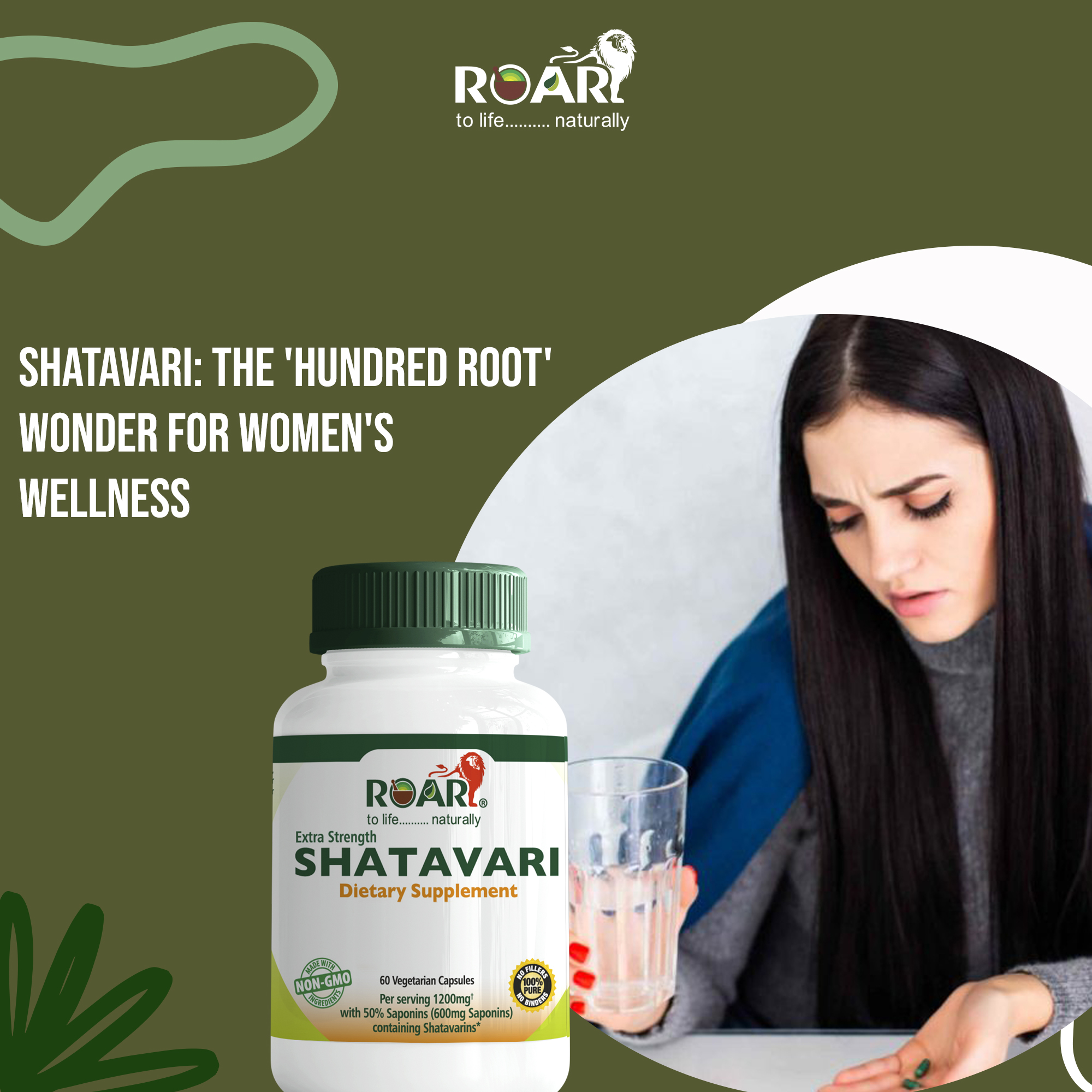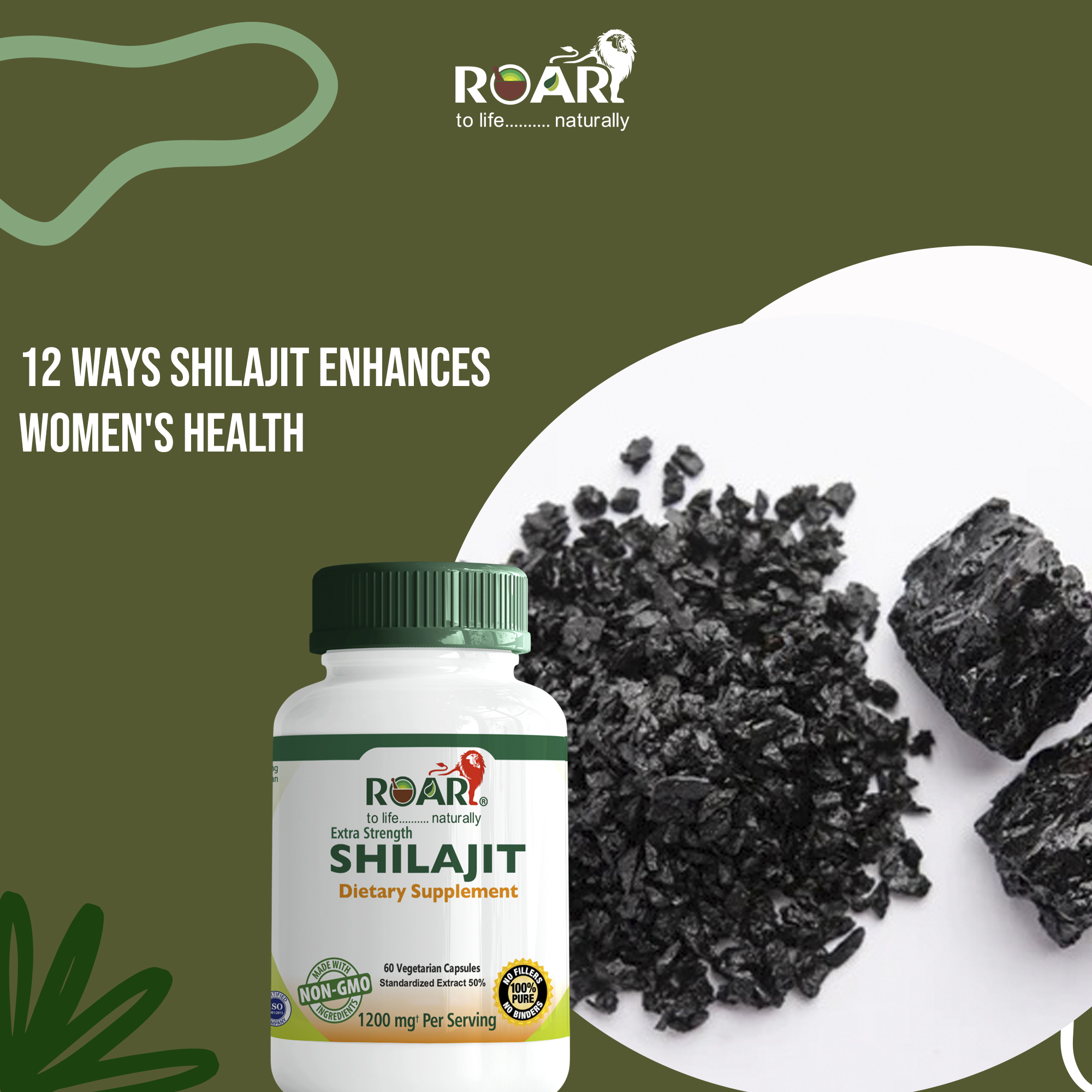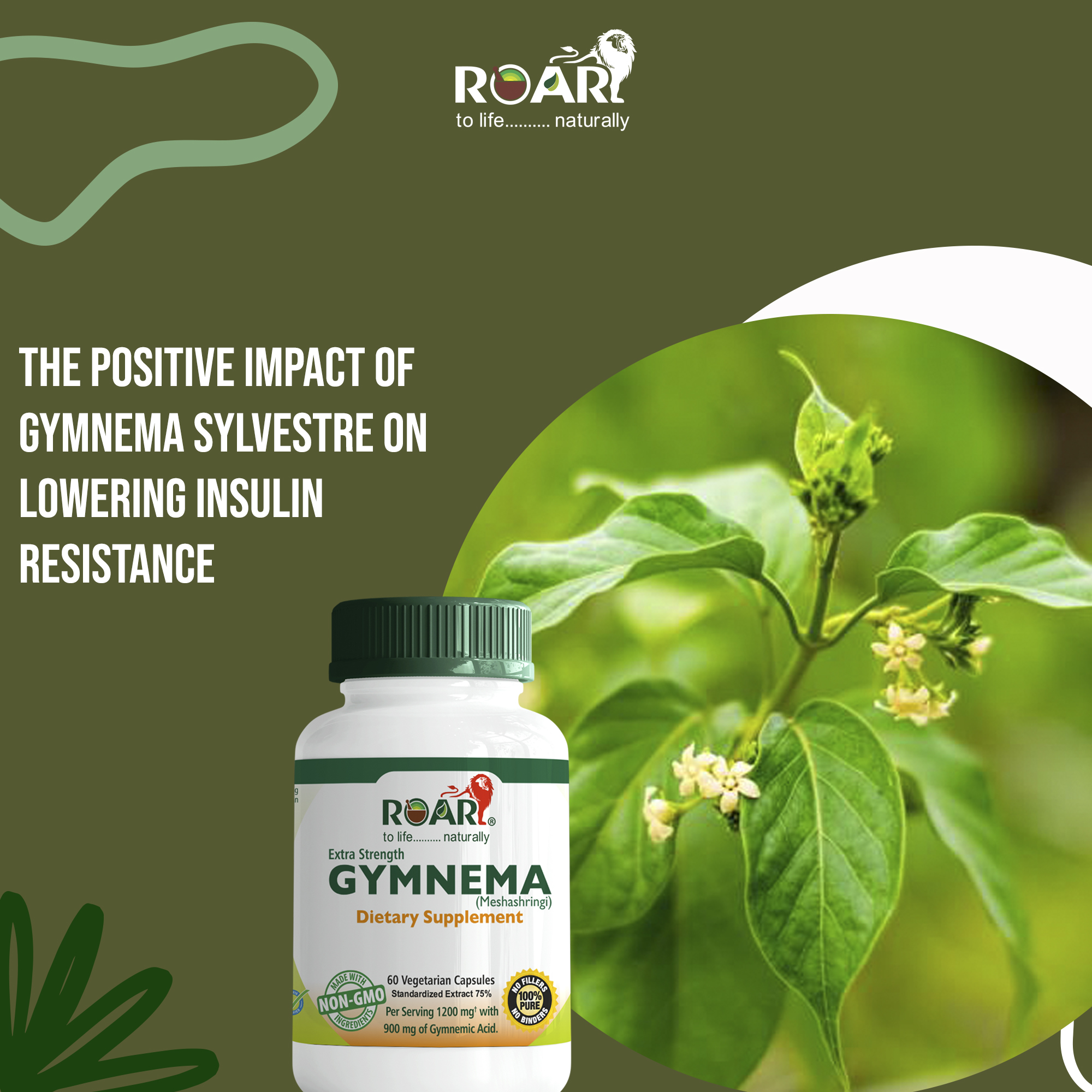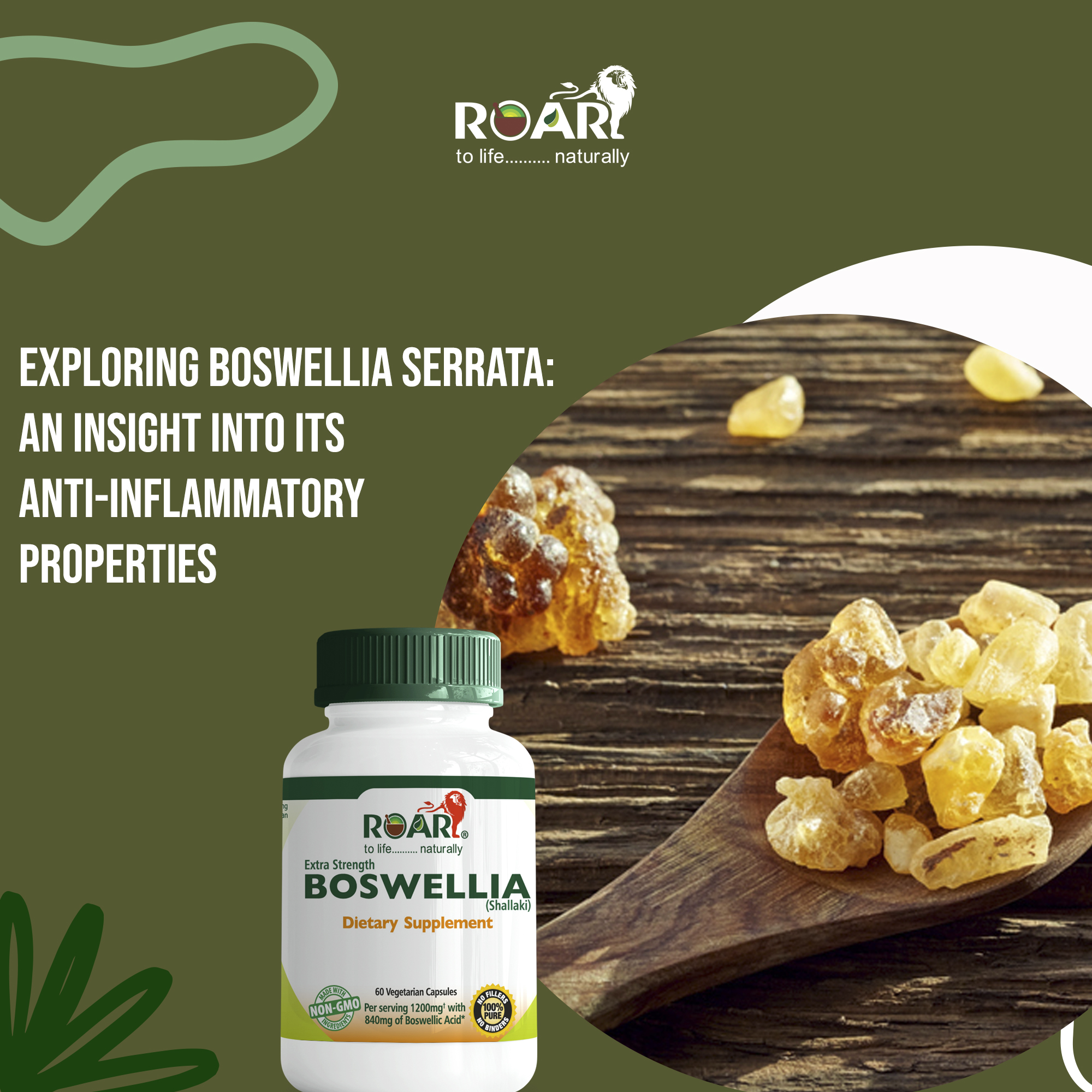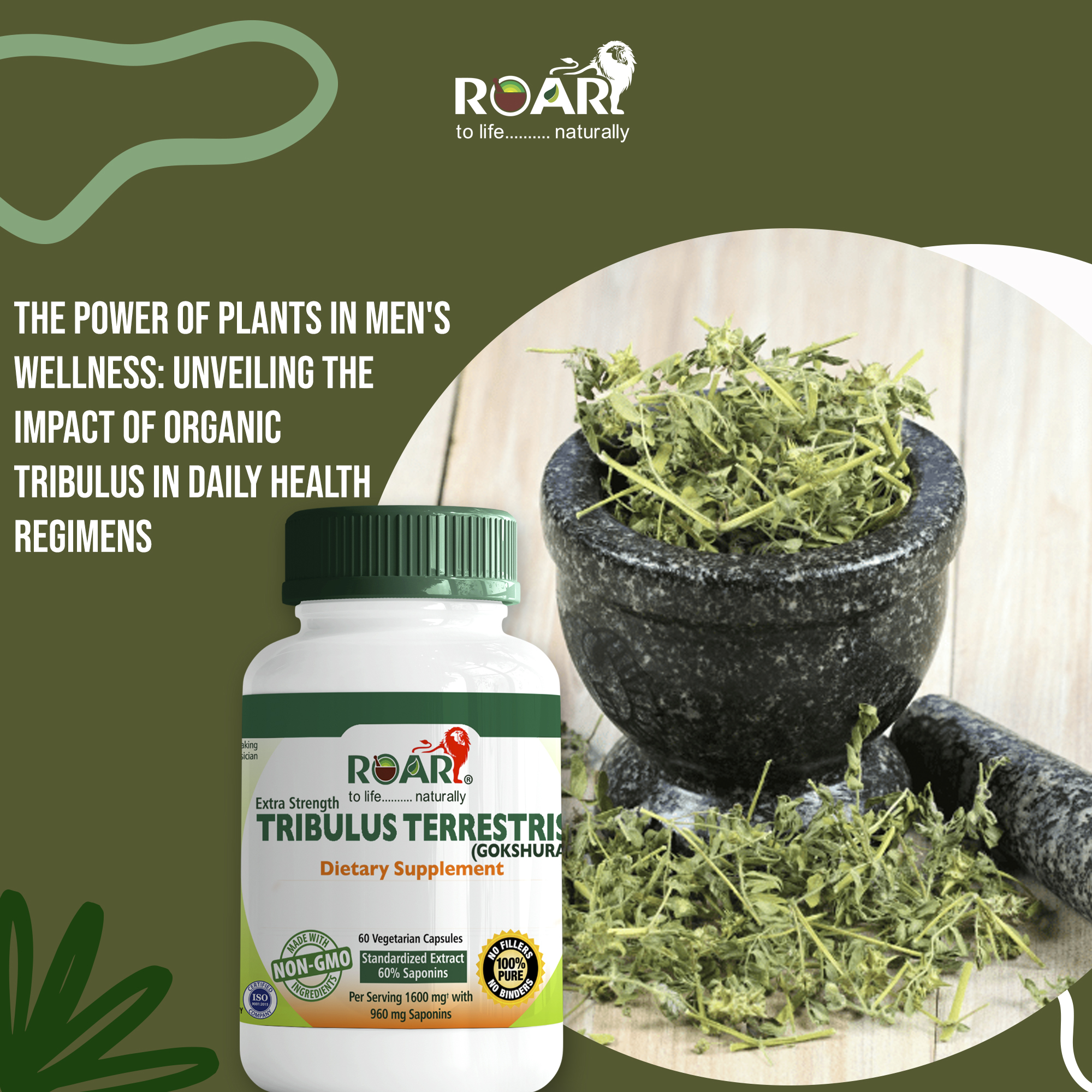No products in the cart.
8 Proven Health Benefits of Moringa and Side Effects
Moringa Oleifera is a plant that is found widely in Northern India. Since it grows well in tropical and subtropical conditions, it is found in Asia and Africa too. The leaves, flowers, seeds and roots of this plant have miraculous medicinal value that has been recognised for centuries.
Although science has only touched the tip of the iceberg where the nutritional value of Moringa is concerned, there is no doubt that it is rich in antioxidants.
Health Benefits and nutritional value of Moringa
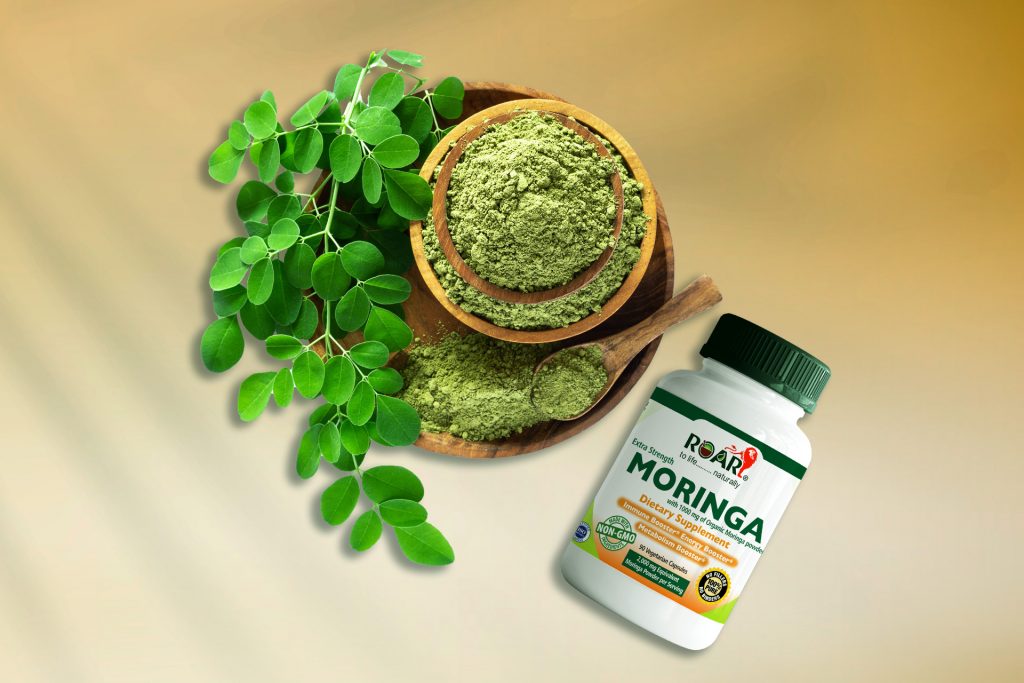


- The moringa leaves have Vitamin C which is seven times more than oranges.
- Fifteen times more potassium than bananas is found in moringa.
- Extremely high in antioxidants, the moringa supplement helps boost immunity.
- For healing the body and building muscle, moringa has calcium, protein, amino acids and iron properties too.
- Evidence shows that moringa capsules can lessen the fat content in the blood, consequently reducing cholesterol levels.
When one suffers an injury, the natural response of the body is to have inflammation in that particular area. Moringa leaves have natural anti-inflammatory properties that are very beneficial for all ages. It is a well-known fact that most diseases like cancer, autoimmune diseases, and rheumatoid arthritis are all linked to inflammation, be it an injury or an illness, it all starts here. Moringa helps combat this naturally.
In today’s day and age, chronic lifestyles and bad eating habits in pursuance of time or GMO-related food intake bring the inflammatory levels right up. Continuance of this kind of lifestyle makes the inflammation chronic leading to multiple illnesses. Moringa shows promise in fighting inflammation and subsequently, diseases.
As is known about naturopathy, slow and steady wins the race. Regular intake of natural herbs and concoctions takes time but cures the diseases of the root, unlike allopathy which shows instant results.
Some diseases are caused by free radicals in the environment. Heart ailments, Alzheimer’s and Type 2 diabetes are all related to damage by these free radicals. The beta-carotene and vitamin C present in moringa leaves play an important role in destroying these free radicals. Chlorogenic acid in the moringa leaves regulates the blood sugar levels too. High blood sugar levels are well known to cause diabetes which if not treated well enough can cause heart ailments as well as organ damage. Isothiocyanates present in moringa leaves help stabilize this condition.
Did you know that moringa is as dependable as almonds, flaxseeds and oats against high cholesterol? Eating moringa leaves raw or incorporating them into the daily diet proves to be favorable for heart patients. There is also a high risk of gestational diabetes amongst pregnant women, moringa has proven to be useful in curbing it in the nascent stages itself when moringa leaves were integrated with their diet plan. Gestational diabetes is a condition that happens only in pregnant women who never had any history of diabetes before they got pregnant.
Tuberculosis patients have extensive liver damage due to the strong anti-tuberculosis drugs, moringa has been dependable in fighting against the ill effects the drugs leave behind. There is a high content of polyphenols in the leaves that provides protection and even lessen the oxidative damage the liver goes through. Liver enzymes have to function optimally as it is the organ that detoxifies the blood, metabolizes the blood and has a high nutrient absorption.
Arsenic contamination is something that plagues many parts of the world. Arsenic has found ways to be ingested in the human systems through food intake due to GMO (Genetically Modified Organisms) produce. Particularly rice as it is a staple all over the world. Cancer and heart diseases are on the rise due to exposure to this element. Extensive research on animals that have been exposed to arsenic has shown that moringa aids in fighting the effects of arsenic toxicity.
The waterfall effect of these impurities are bloating, digestive tract disorders, such as gastritis, gas, bloating, constipation, ulcerative colitis etc. The antibiotic and antimicrobial properties in moringa leaves are excellent remedies to combat these conditions. Vitamin B present in the leaves in a very high amount aids in digestion too.
Moringa is known to make bones and teeth stronger. Not only that, it helps heal broken bones as well as fight the onset of arthritis. This should be a part of the daily diet for women especially as it is very beneficial for osteoporosis. The two elements that are essential for bone health are calcium and phosphorus and these are present in the moringa leaves in very high dosages.
Some more benefits of moringa
- An antiseptic that fights bacterial infections and heals wounds by reducing the clotting time of blood.
- Increases lactation time in nursing mothers as well as provides all the nutrients.
- A great answer to all the weight problems, this has fat-burning properties and is very good for weight management.
- Improves hair and skin due to the presence of many nutrients.
- A great way to detox after a holiday or just basically.
- One of the best immunity boosters there is.
- Enhances energy levels; subsequently making physical activity better in sedentary lifestyles.
Conclusion
The beauty of this plant is that every aspect of it is filled with nutrients. The fruit and leaves are a part of the Indian diet system. Daily consumption of moringa in various forms such as cooked or raw, capsules, tea etc. is very beneficial mainly due to its antioxidant properties, and reduction of blood sugar and cholesterol levels.
In the current global state, there is a major concern over health issues due to climate change and lifestyles that have taken a huge impact on the quality of life. Including this “superfood” as a part of one’s daily regimen is imperative.
The natural healing force within each one of us is the greatest force in getting well. Our food should be our medicine. Our medicine should be our food.
– Hippocrates.

